And the Board did Shrink – Part two
Teil I verpasst? Hier lang!
During those five days, I was warned not to bother my neighbour. Some days I knew he was out of the house for nearly twelve hours. The next day he would be locked up at home, making odd scuttling noises I could hear through the walls at every level. Once I thought I heard him climbing the chimney stack. On the fifth day, he visited me.
“All is finished. Unfortunately, our appointment with the board of city managers must wait until tomorrow. I shall say nothing to you, and we will speak of other matters entirely. Divert my mind, please, Charles.”
“You said ‘our’ appointment. Did you mean me?”
“Of course. Besides helping me immensely in solving this case, you also said that you had a cousin married to the old city president who initiated this air filtration plan. You are an invaluable ally, Charles.”
“How did I help you, Boxer?”
“What was the city president’s name?”
“Schuster.”
“Exactly. And shoes are made of – ?”
“Leather. Aha! I think I see the connection.”
“But we shall not speak of it until tomorrow. Still, you may sleep on it, if you wish.”
The next day, we went to the Stadthaus, Boxer armed with nothing more than his brain. We were shown into a conference room and told to sit at a desk not unlike a witness box in a courtroom. In filed the seven city managers, only one of them a woman. They sat in a row at a long table, behind them the flag of Olten, with its five multi-coloured eagles spreading their wings over the seven hills of the city. The woman spoke.
“Mr Boxer, Mr Ross. You may speak. We shall try not to interrupt you.”
“Thank you, Madame. To you all, I extend my thanks, also on behalf of Mr Ross.
“Let us not start at the beginning. No, let us start at the end and work back. Let us start at that delightful spot on the river bank called Schwanenmätteli, the Meadow of the Swans, the Field of Swans. For it is here where the Mühlebach has its confluence with the Aare. Hard to see these days, having been channelled mostly underground, and with the increased river water level, it flows in underwater.
“The swans are suffering, you recall. Sheep are being stolen, and not coincidentally, either. Here lies the answer – between the Field of Sheep and the Field of Swans.
“You all recall the stench, as well. That, and the chemical analysis, point to only one thing – a tannery, a Gerberei. Olten has not had a tannery for many years, when there was one in Industrie, and, believe it or not, one on Kronenplatz – Crown Plaza itself. I jest, of course.
“Mr Ross and I had investigated the Mühlebach open run earlier, and we found no evidence of contamination. Working alone after that, I examined all water drains from the Aare back to a certain point. Then I sent sensors downstream from the sheep field and managed to retrieve them at various locations. I tested several of these sensors throughout the plumbing labyrinth of my own house. They detected just the chemicals I needed to find in order to locate my own trace ‘polluter’. The sensors worked the same under test conditions as under real conditions.
“Yesterday, I found and identified the location and owner of the illicit tannery, and within a matter of — “
“Mr Boxer. I must interrupt. How do you know this so-called tannery is illicit?”
“Madame, we are not speaking of sun-beds, but of stolen sheep, slaughtered and skinned, the skins tanned for making, oh, perhaps clothing? Surely that would require a licence to operate.”
“And where is this establishment, Mr Boxer?”
“Ah! Now we come to the crux. This tannery is located in the old Froburg Brewery, a property acquired by the city of Olten board of managers by right of eminent domain after the peasant uprising of 2048.”
“That property is held under legal authority. We have the ancient documents to prove it.”
“Madame, your ‘ancient’ documents are forgeries – written on modern-day vellum. You and all the managers since that time have been running a forgeries racket, one way or another. Vellum and parchment preparation requires just the chemicals found in the analysis. In addition, I have discovered three documents, and there must be others, in which the word Froburg, or Frohburg, is spelt in a way anachronistic to the date on the document. Mind the details, Managers, for therein dwells the Devil.”
“Mr Boxer, your charges are slanderous. However, to avoid any, uh, unpleasantness in future, I, as president of the board of managers, recommend we divest ourselves of interest in this tannery.”
“And then what will be the board’s remit, its duties and responsibilities?”
“We do not understand.”
“Members of the board, confess. Your only raison d’être is to run and profit from that tannery. Olten has a city president, a city council, even a panel of citizens. You validate your own existence with a charter dated 1472 – a charter of your own recent fabrication, no less!”
“It is our tradition, our history, Mr Boxer.”
“It is all a lie, an invention.”
“What can you do about it?”
“Unless you vote yourselves out of existence, dissolve this entire structure of falsehoods, I shall have to notify cantonal and federal authorities. I suggest you go quietly and return the fair city of Olten to its rightful, legitimate government. It can manage itself quite well without managers. I shall be keeping a watchful eye on you.
“Mr Ross and I wish you all a good day. Come, Charles, we deserve a beer.”
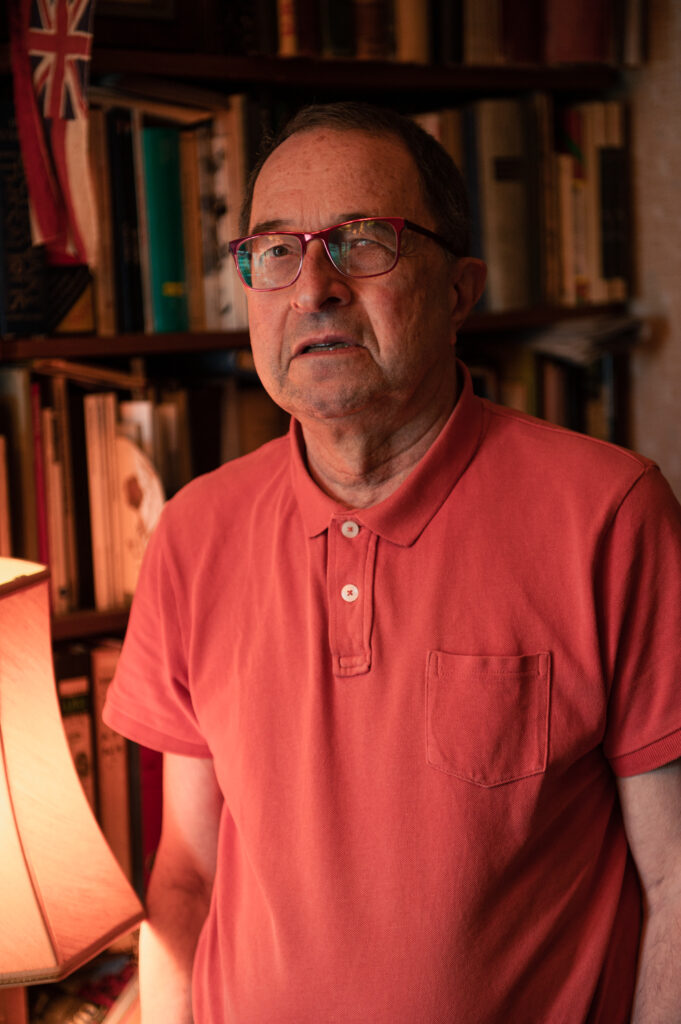
David Pearce ist ein Schweizer Schriftsteller, wohnt seit 2000 in Olten und hat amerikanische, englische und französische Wurzeln. Er schreibt auf Englisch Kurzgeschichten, Romane und Theaterstücke.
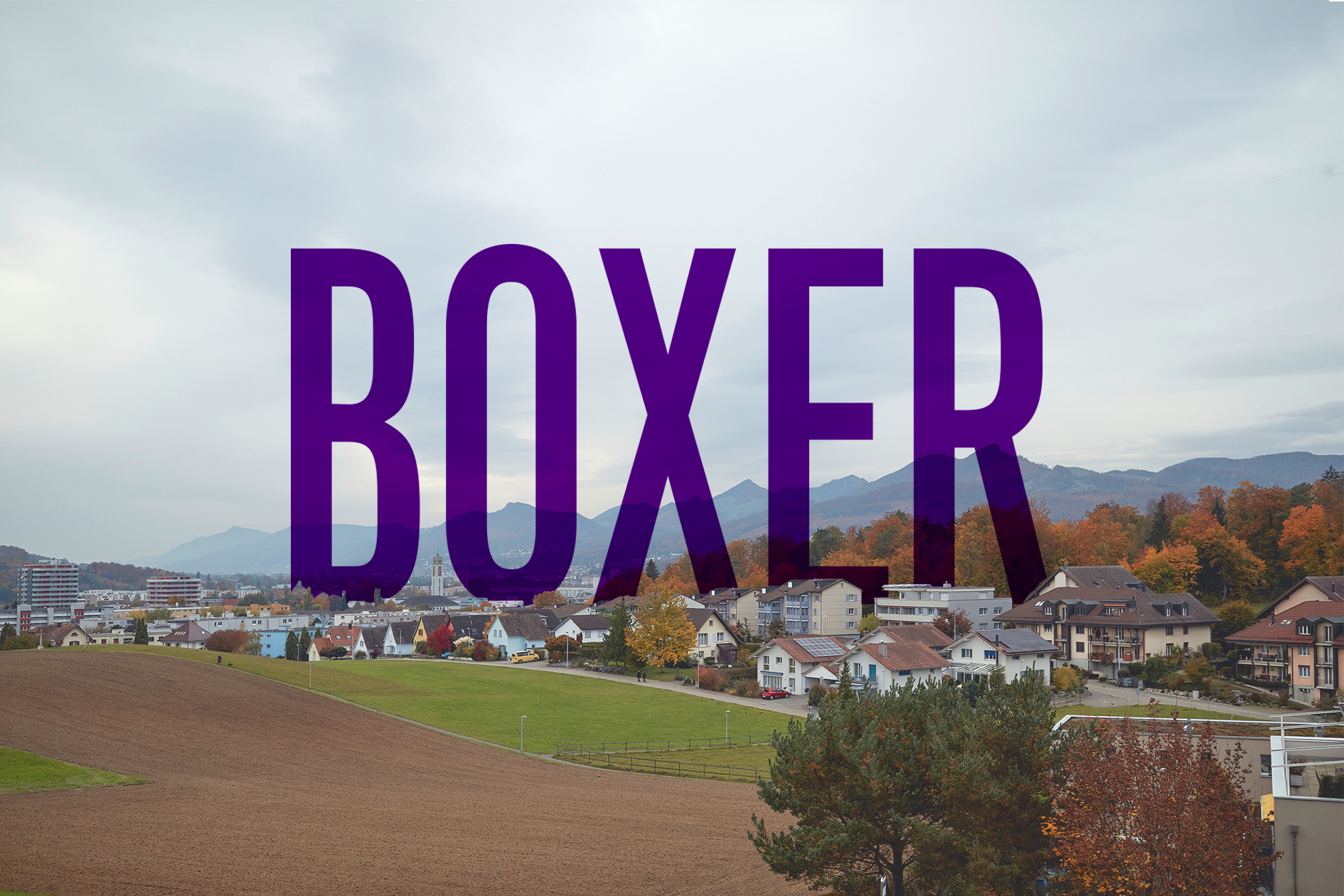

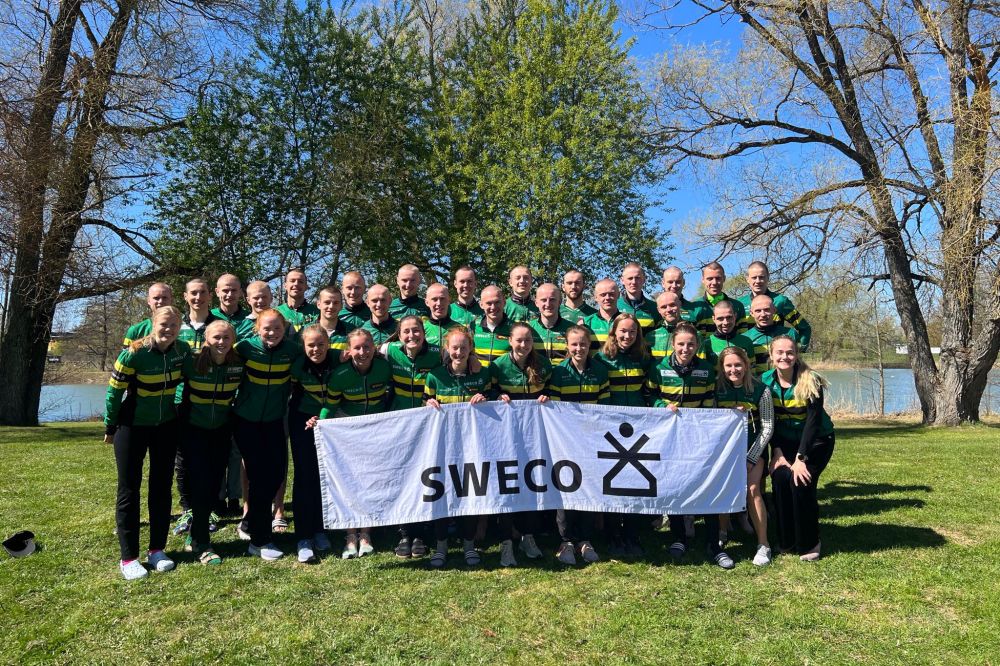
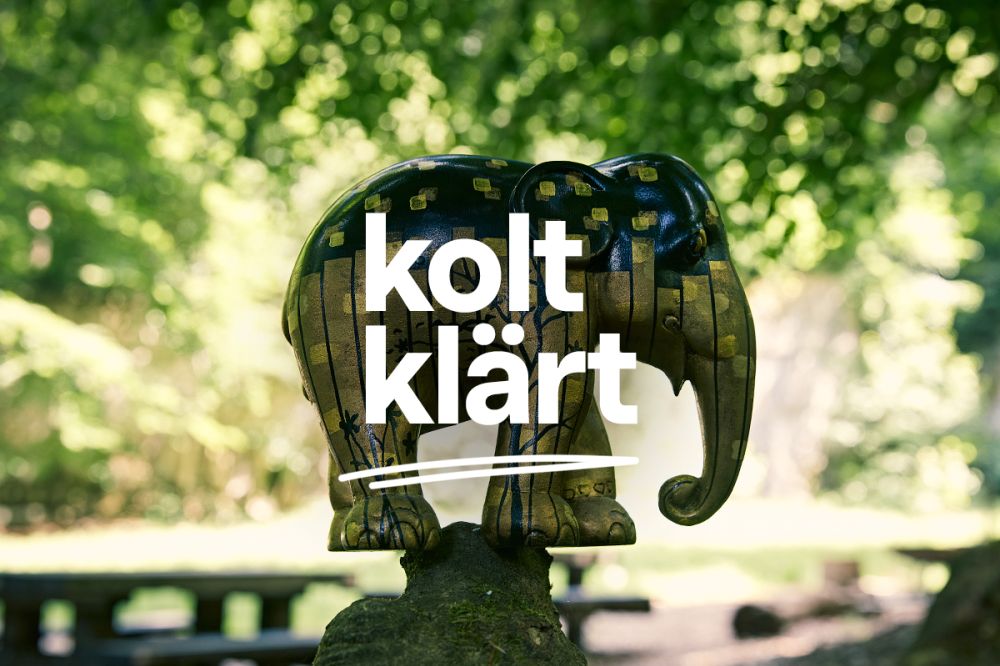

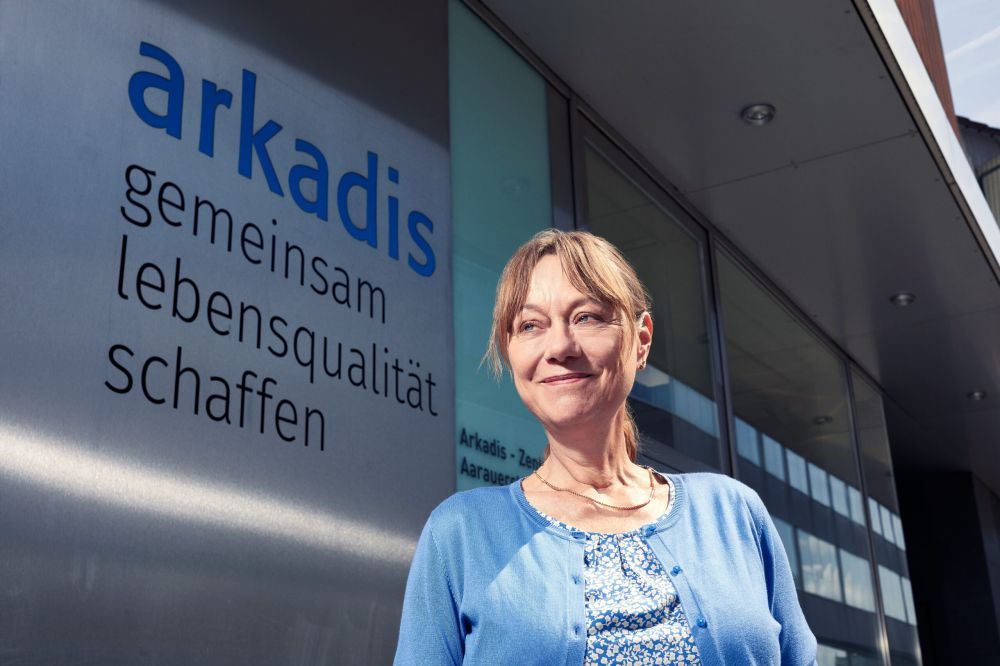
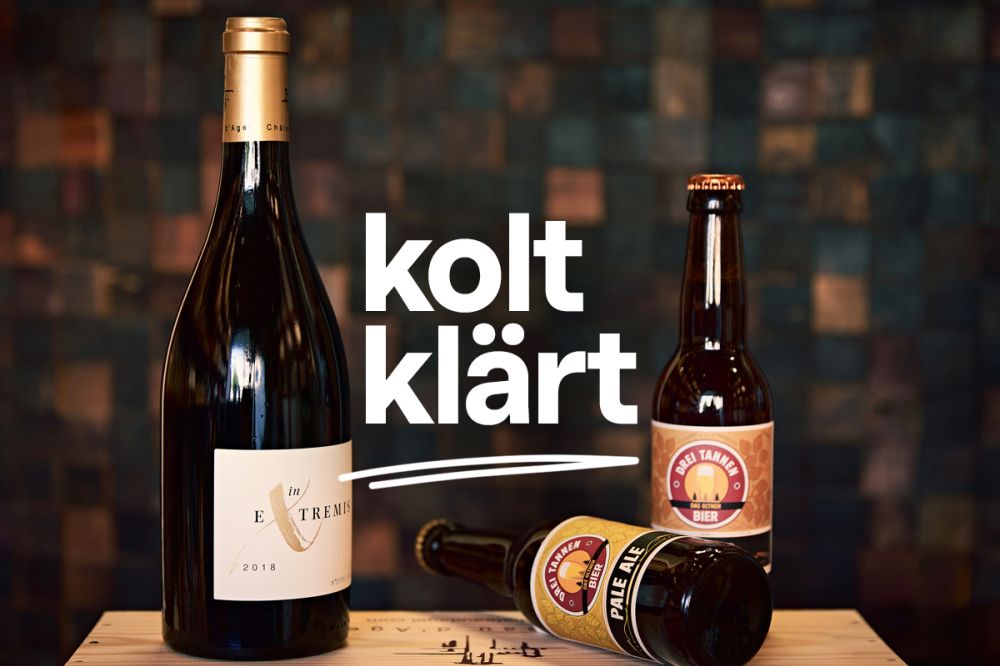

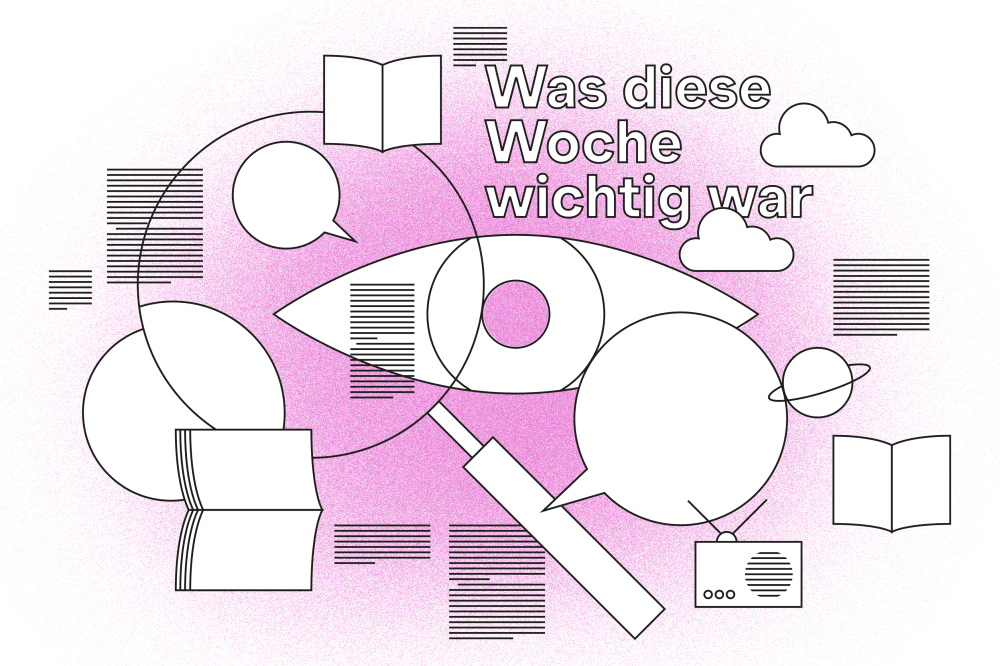

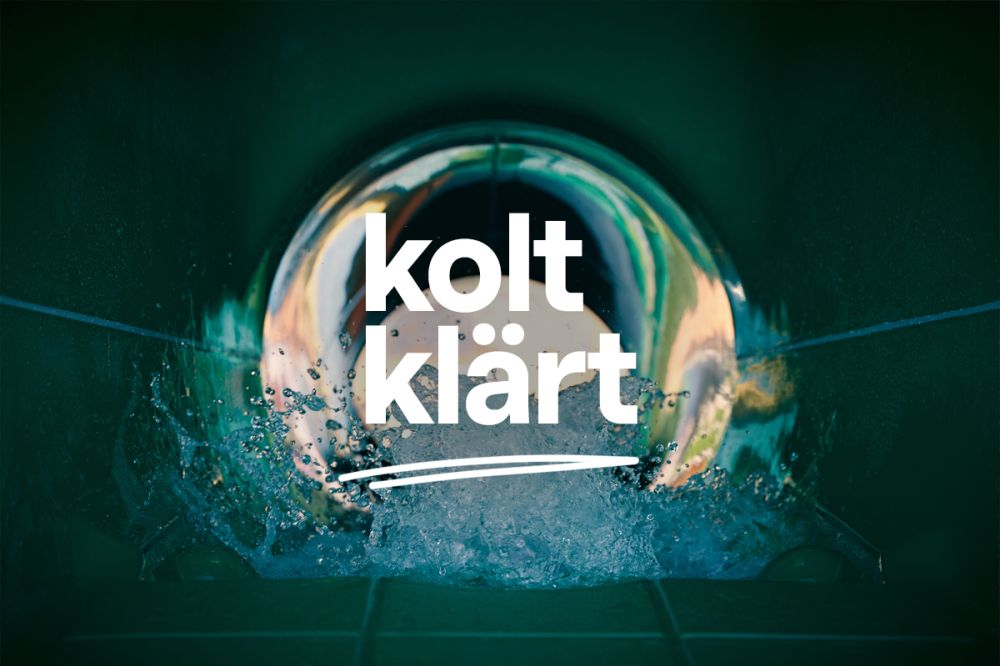
Eine Standseilbahn aufs Sälischlössli. Welche verrückten Tourismus-Ideen hättest du für Olten?